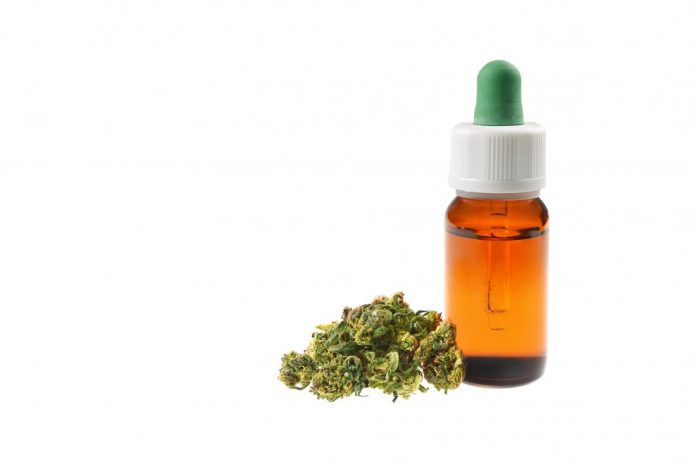The cannabis boom has arrived. Along with the numerous potent clouds of potent smoke be produced all across the nation, there’s an influx of consumers in need of information.
Legal marijuana is being sold across Canada in a variety of retail outlets, but what about the healing properties of cannabis? CBD might be the answer to a pain-free lifestyle.
What is CBD?
Cannabidiol also known as CBD, does not produce a high or intoxication. There is some evidence that CBD may block or lower some of the effects of THC on the mind. This may occur when the amount of CBD in the cannabis is the same or higher than the amount of THC. CBD is also being studied for its possible therapeutic uses.
CBD is a non-psychoactive, oil-soluble compound extracted from the cannabis plant, and is typically marketed dissolved in plant oil. It has been widely reported to offer numerous health benefits from stress and anxiety relief, to decreased muscle, joint, cancer and other pain, reduced inflammation, and to nearly miraculous relief of persistent seizures. However, because CBD is an oil-based product, its ingestion typically results in poor absorption in water-based living systems. There has been enormous interest in the development of truly water-soluble CBD, to achieve efficient absorption and bioavailability from foods and beverages.
CBD has had a complicated journey towards legislation in North America, with the final say often coming down to how it was produced. CBD derived from hemp has generally been considered permissible while CBD from marijuana has not.
One of the sticking points seems to be that although there are studies showing CBD can alleviate feelings of social anxiety, and that it reduces inflammation and works as a pain reliever, medical claims made by CBD producers and manufacturers are untested and not regulated.
The Cannabis Act states that “Other products, such as edible products and concentrates, will be legal for sale approximately one year after the Cannabis Act has come into force and federal regulations for their production have been developed and brought into force.”
CBD products have quickly grown from traditional oils and extracts to soft drinks, pet treats, and gummy candy. However, CBD still remains in a grey area due to its classifications as a cannabis derivative. On the other hand, CBD doesn’t cause any psychoactive effects like its THC counterpart, which is why CBD regulations are much more lenient than those focused on THC.
Studies have suggested that CBD is also effective in suppressing symptoms associated with cancer, chronic pain, Alzheimer’s, anxiety, depression, and many other medical conditions. CBD-based products are very versatile since they can potentially treat many conditions in different medical fields.
Additionally, CBD requires a lower dosage and less frequent use when compared to traditional, medically-prescribed treatments such as opioids. Studies have shown that cannabis, in general, has significantly fewer side effects when compared to regulated and approved treatments within the market already. However, the Health Canada still requires much more research in order to approve or even possibly list cannabis-based medical treatments as a registered medicine.
It appears that the Canadian government is going with a slow roll out, focusing on psychoactive cannabis containing THC, with plans to address CBD and other cannabis products at a later date.
However, although it may seem that all of this uncertainty will be ironed out by years end, purchasing CBD in Canada will still require effort, despite the new laws. Legal CBD products will continue to only be available through authorized retailers and products will carry security features on the packaging like cigarettes and alcohol. There will also be strict limitations in place in terms of the health claims producers can make. Health Canada follows the legislative lead and also makes no distinction between CBD from hemp or marijuana.
As with any emerging industry, there are certain to be growing pains, both in Canada and the United States. Unfortunately for CBD users in Canada, the much longed for legalization has not automatically made CBD accessible for all.







